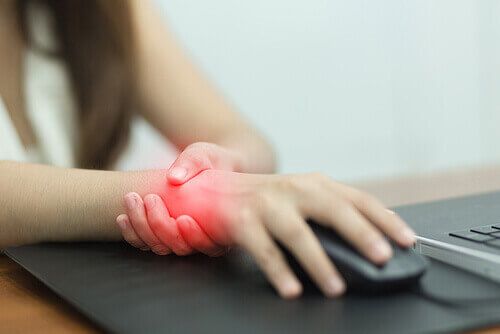
Pinched nerves can happen to anyone. It occurs when a lot of pressure of the surrounding tissues, including the muscle, bones, tendons, and cartilage. It may not occur in all of the areas, but those are the places where a pinched nerve is located.
When too much pressure is applied to these areas it will cause numbness, pain, weakness, and tingling feeling. For example, too much pressure can occur on the root of the nerve, especially if you have a herniated disc in the lower part of the spine. Carpal tunnel is another place where a pinched nerve can occur. People who work type a lot end up with carpal tunnel.
The wrist will have the pinched nerve, which will cause numbness and pain. You won’t be able to use your wrist for a while. If a pinched nerve is serious is needed. It usually heals without surgery in days or weeks.
1. The feeling is felt once you have a pinched nerve
The area that is affected can cause extreme pain. The reason the pain is felt is that there is plenty of pressure applied to the nerve root. Once a pinched nerve occurs you won’t be able to use that part of the body.
It isn’t a good idea to try to continue using it because it’ll just make the pain worse. For instance, the carpal tunnel will cause a person to be unable to do their daily chores and work, especially if he or she has an office job. Even driving a vehicle will become difficult to do.
It is best to have someone drive for you until the area heals. The pain will begin to go away if you rest. Rest is important when you have a pinched nerve. If you decide to use the affected area, the pain will become worse.


